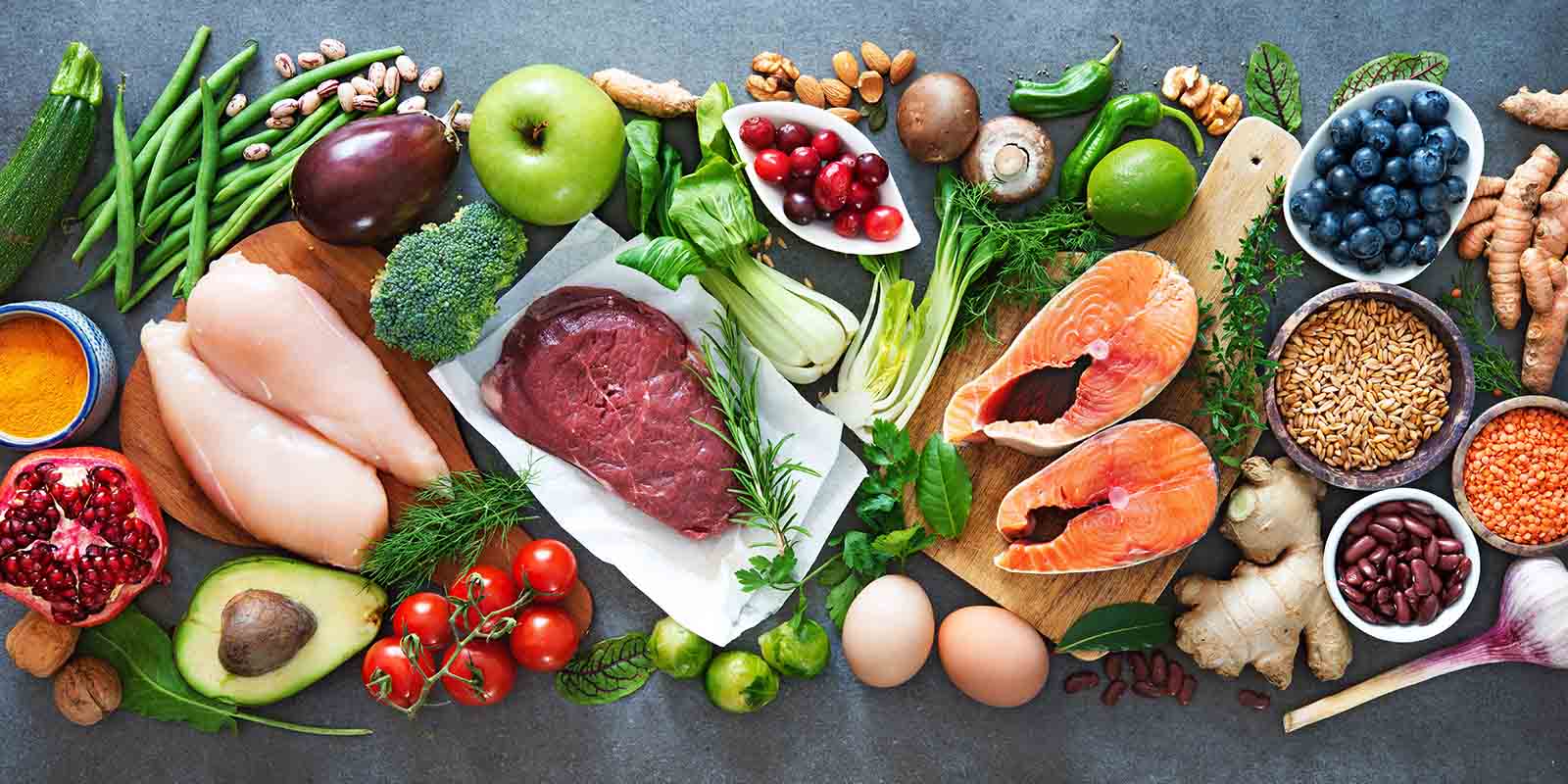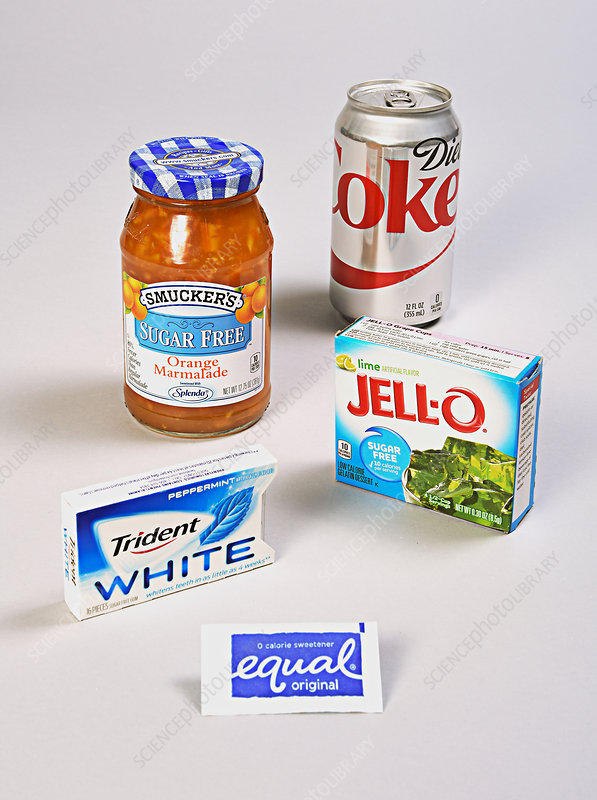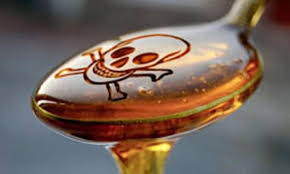One of the biggest things that I’ve learned about this journey we call life is that I have had to spend a lot of time unlearning the things that I have been taught.
It’s crazy because many of us never question the things that we have been taught and we float through life experiencing the effects of the Matrix that we are living in – most of which are not conducive to us thriving on this plane of existence.
Anyway, I’m saying all of that to say that most of us don’t know how to eat to live, be healthy and thrive. Even those of us who know better (*cough* – me), can also have a challenging time sticking to healthy eating patterns that bring the body into balance.
Right here I want to share with you some specific things that you should avoid if you want to preserve your health – avoid high blood pressure, diabetes, obesity, cancer and the like. This of course is not all inclusive but it will give you an idea of what items you should be aware of so that you can optimize your health and energy.
Before I get started with talking about what food additives to avoid, this important fact is worth mentioning – Real Food Does Not Have a Label!

Generally speaking, if the “food” has a label it is something that is processed and not natural. One of the best things that we can do for our health is to limit the amount of processed foods and increase the amount of fresh foods we eat.
That being said, the reality is most of us live busy lifestyles and can’t always eat fresh foods – so it is important to understand what different food ingredients are in the foods we buy.
9 Toxic Food Ingredients
to Avoid & Why
The items listed below are just a small snapshot of some of the toxic additives in our food – but to just give you an idea of some of the most common and toxic, I have listed the items below.
- Acesulfame-K – also known as acesulfame potassium or Ace K•Used for sweetening. Commonly found in sports nutrition; approximately 200 times sweeter than common sucrose (sugar.)•Approved by the FDA but there are several potential problems.
Although there are many studies that attest its safety, acesulfame potassium is still suspected of causing benign thyroid tumors.
Studies that were done on mice found, the development of these tumors took only three months, a period during which the concentration of this additive in the consumed food was between 1% and 5%.
This is a very short period of time, so the substance is believed to have significant carcinogenic properties. - Methylene chloride – is a solvent used in the manufacture of acesulfame potassium, it is the substance that may give the food additive its potential carcinogenic characteristics.
https://www.sciencedirect.com/topics/agricultural-and-biological-sciences/acesulfame-potassium•http://www.wakingtimes.com/?s=acesulfame+k4 - Artificial Coloring – This can be found in everything from beverages, candy, baked goods, pet food, fruit cocktail, sausage, gelatin, etc.
Artificial coloring impacts healthy function of adrenals, kidneys, thyroid, bladder.
Some Food Coloring that are currently on the market that are linked to cancer are Blue 1 and Blue 2 which are found in drinks, candy, baked goods and pet food, have been linked to cancer in mice.
•Red 3 is used to dye cherries, fruit cocktail, candy and baked goods, and has been shown to cause thyroid tumors in rats.
•Green 3 is added to candy and beverages and has been linked to bladder cancer.
•Yellow 6 is widely used and added to beverages,sausage, gelatin, baked goods and candy, has been linked to tumors of the adrenal gland and kidneys. - Aspartame – is a sweetener that has only four calories per gram and is 200 times sweeter than sugar. It is sold under the trademarks NutraSweet and Equal.
Studies indicate that aspartame is a multi-potential carcinogen, even when it is only consumed at 20 milligrams/kilogram of body weight on a daily basis. These ingredients are in most major brands of chewing gum, which is why you should never purchase major brands of chewing gums.
- Butylated hydroxyanisole(BHA) and butylated hydroxytoluene (BHT) These ingredients are preservatives which are used to preserve common household foods.
Any processed food that has a long shelf life is often filled with BHA. It is also found in cereals, chewing gum, potato chips and vegetable oils.
They are oxidants, which form potentially cancer-causing reactive compounds in your body. - Canola Oil (rapeseed oil)
Canola Oil is poisonous to living things and is an excellent insect repellent. It is an industrial oil, not a food although it is marketed as one.
It is a genetically modified plant (GMO) designed through intensive breeding and genetic engineering techniques. Canola oil has been shown to cause Kidney and Liver problems, as well as increased heart stress.
The Canadian government and industry paid the FDA $50 million dollars to have canola oil placed on the (GRAS) List, “Generally Recognized As Safe”. So now It is becoming increasingly difficult to find products that do not contain Canola oil. - Corn We are at the point where all corn products, including fresh corn, should be avoided.
The percentage of genetically modified corn is just far too high. You will never know if you are actually consuming organic corn.
Modified cornstarch, dextrose, maltodextrin and corn oil should all be avoided. All are high in omega-6 fatty acids (arachidonic acid), which can promote inflammation, cancer and heart disease.
While our bodies need both omega-6 and omega-3 fatty acids to perform at its full potential, most experts recommend an omega-6 to omega-3 ratio of 1:1. Currently, most Americans consume about 15-20 times more omega-6 acids than omega-3s.
- Enriched Flours Commercial wheat is already one of those grains that should be avoided (due to the prevalence of dwarf wheat), but the key word to watch out for is enriched.
That means niacin, thiamine, riboflavin, folic acid and iron are added after these, and other key nutrients are stripped out in the first place during the refining process.
This applies whether it’s wheat, rye or other grains. Enriched flour is really just refined flour that has had a few nutrients re-added to it, but not enough to make it nutritionally sound. - Fractionated Oils Process most often used on palm and palm kernel oil that involves heating the oil, then cooling it quickly so that it breaks up into fractions (hence the name). The key thing is that the filtration process separates (extraction) out most of the liquid part of the oil, leaving a high concentration of solid unhealthy fat behind which is terribly toxic for human consumption.
- High Fructose Corn Syrup HFCS causes blood sugar (insulin resistance, diabetes), blood pressure (hypertension), increased weight gain and is manufactured from genetically modified (GMO) corn.
A few years ago, the Corn Refiners Association petitioned the Food and Drug Administration (FDA) to allow the term “corn sugar” as an alternative label declaration for high fructose corn syrup (HFCS). The reason? Too many people were finding out how lethal HFCS was for the human body. There was an extensive commercial campaign designed to sell HFCS as nothing worse than regular sugar, because of the caloric equivalent (more than a calorie). The listing above is just a partial list of some of the more lethal food additives that we should all beware of. Being aware of what ingredients to look for before consuming food that is not fresh, is the best way to protect yourself from potentially serious health challenges.
The listing above is just a partial list of some of the more lethal food additives that we should all beware of. Being aware of what ingredients to look for before consuming food that is not fresh, is the best way to protect yourself from potentially serious health challenges.
